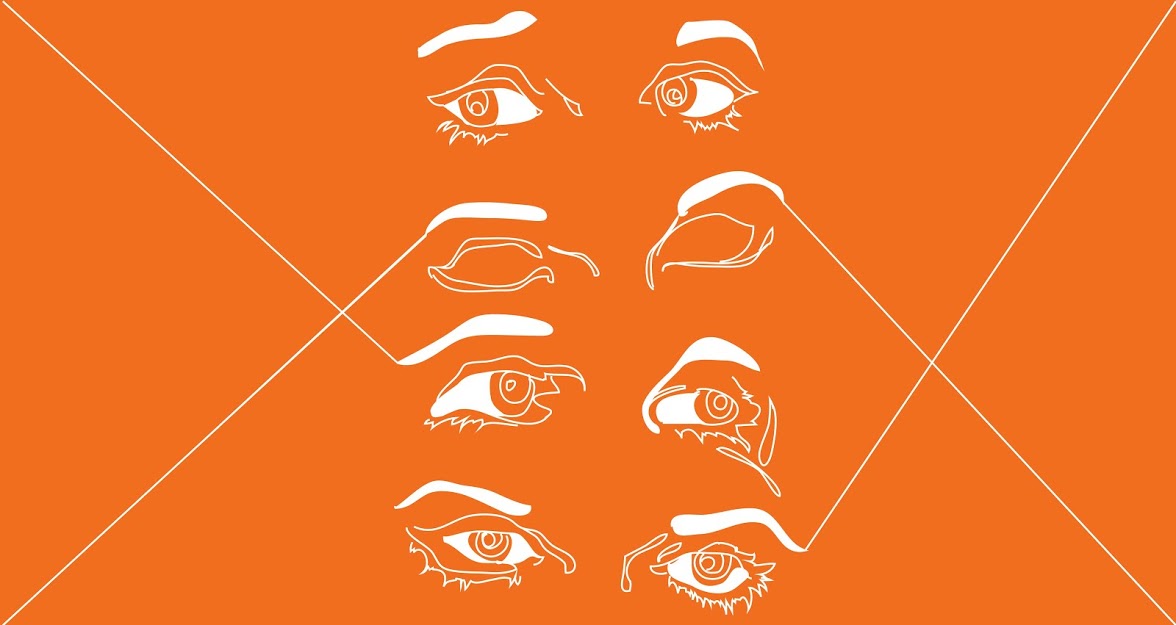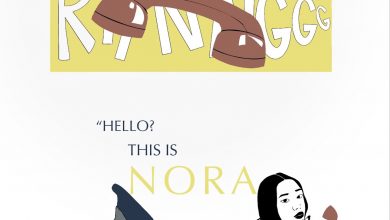“Body Positive” Statements We Need to Reconsider
I genuinely think we’ve made some great strides in the world of body positivity. We no longer hesitate to criticize the process of airbrushing and photoshopping models to hell. Ethnic and “average” Barbies have been making their way around the internet. And the explosive success of All About That Bass was probably fueled by more than just our weird sense of candy-colored 50’s nostalgia. Body positive thinking is slowly but surely going mainstream.
However, I think body positivity as a fad has outpaced body positivity as a movement. Body negative thinking has been part of our culture for so long that it can often slip under the radar. And while we generally know that it’s “good” to support unconventional definitions of beauty, we can’t reverse centuries of negativity without thinking critically and re-examining our values. When jumping on the body positive bandwagon precedes genuine self-analysis, some of the things we say can still end up being restrictive, shaming, and yes, negative.
Here are some statements you may want to rethink the next time they come up in conversation:
1. “Men like girls with more curves!”
Look, when it comes down to it, body positivity is not about what men want your body to look like. Nor is it about what women want, or what any partner of any gender could possibly think about how you should look – it’s about you. Do you like how you look? If you do, great. In the world of self-love, progress isn’t about opening the door for a new body type to experience the same old scrutiny, judgment, and objectification. Truth is, no bodies need outside validation in order to be beautiful and cool.
2. “Natural beauty is better than a face full of makeup.”
First of all, for a lot of us, wearing makeup is fun. We don’t use it with the intent of “covering up” our faces, but accentuating the things about our faces we do like. Bottom line, it makes us feel good about the way we look. Now, if only there was some movement centered around literally that exact goal…
And second, you may want to think about what your perception of “natural beauty” is. Chances are, almost every single woman you encounter on a daily basis – in real life and especially the media – is wearing some amount of makeup, to the point where you’ve probably become desensitized to it. Which means we have to wear makeup just to catch up to your standard of what the “average” woman looks like. Is this a bit of a vicious cycle? Yeah, kind of. But talking shit isn’t the answer. Let’s do away with the notion of beauty standards altogether – no woman’s beauty should be relative to the women around her. It’s not a competition.
3. “You need to gain weight.”
I’ll start by making one thing clear: I don’t think skinny-shaming is comparable to how destructive or culturally-entrenched as fat-shaming is. I don’t think that at all, and I’m deeply suspicious of the “well if you flip it around it’s the exact same thing” argument in any situation. Historical context. It matters.
But skinny-shaming is definitely hurtful and demeaning to bodies that don’t fit into an idealized standard of beauty. I’ve had countless people tell me to just “eat more” and once had a doctor tell me that I should feel lucky, because she wished someone would tell her she needed to gain weight. Unfortunately, gaining weight’s not that easy for some people. This is mostly due to genetics and metabolism and other stuff that’s out of our control and can be incredibly frustrating.
And throwing the word “anorexic” around is a whole other world of fucked up. Anorexia isn’t a body type, it’s a mental disorder. And while we tend to equate it with skinny people, those with eating disorders can still be overweight as well, making it even more difficult for their condition to be taken seriously. Regardless of body weight, eating disorders cause their sufferers to hate their bodies to the point of severe self-harm. Using “anorexic” as an insult is incredibly offensive — not only to whoever you decided to hurl that word at, but to people who have struggled with the destructive effects of the disorder.
4. “Even with ____, you’re still beautiful.”
Finally, we get to the ultimate backhanded compliment. You’re beautiful despite your stretch marks. You’re beautiful despite your weird splotchy skin. You’re beautiful despite your flat chest, your big thighs, your crooked teeth.
Look, there are no “despite”s in the language of body positivity. Our blemishes and imperfections shouldn’t be exceptions to our beauty. They are what makes us beautiful, and not just in the bullshit “everyone’s a beautiful special snowflake for being different” kind of way — they really are beautiful, and you should love them.
What’s the point of mentioning all of these statements? It’s not just because they’re wrong, but because I hear them so often — and almost always with good intentions. And that’s great, but we need to move on to good actions too. So, be aware when you’re using negative language against yourself or others. Compliment people genuinely. Think about contexts. Kick standards and barriers to the fucking ground. Use #RadicalSelfLoveChallenge on Instagram to tell us what you love about yourself. Shamelessly promote your own magazine’s Instagram challenge. Refuse to apologize.
And always remember: every body is a cool body.






I think the problem with body positivity is that there’re people supposedly practising it but it’s actually a disguise for their need for validation. They want to be told they’re beautiful and sexy. They want attention. And they get sooooo upset when it isn’t forthcoming or they receive negative comments.
People who love their bodies and are confident don’t rely on the number of likes, whether it be for their Instagram photos or other images loaded in social media. They don’t rely on people telling them they’re beautiful to feel that way.
I have people disparage my appearance when I disagree with their views but it hasn’t damaged my self esteem.
Until people stop seeking attention and validation, body positivity will always have its problems.
Just a thought : )